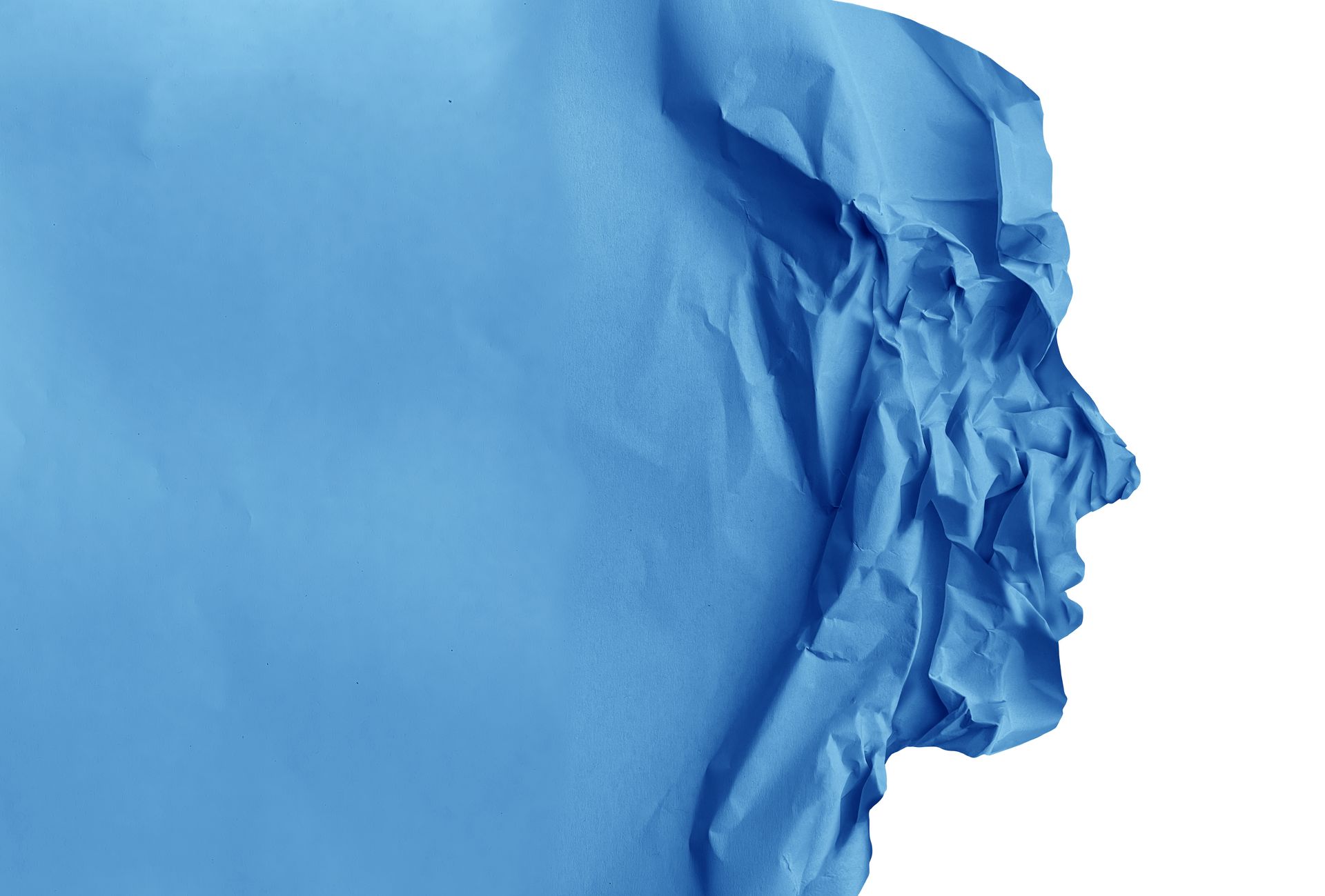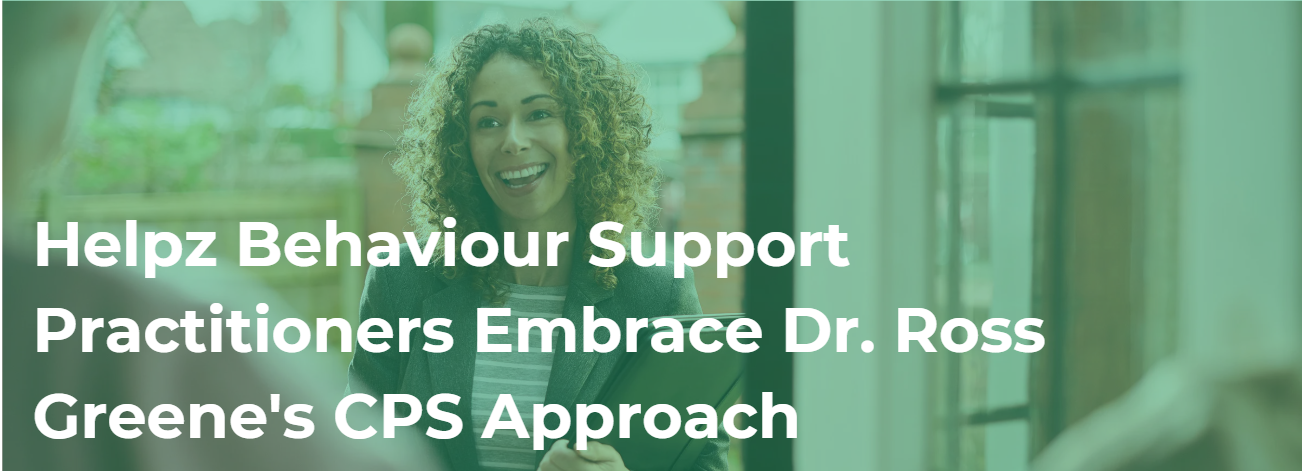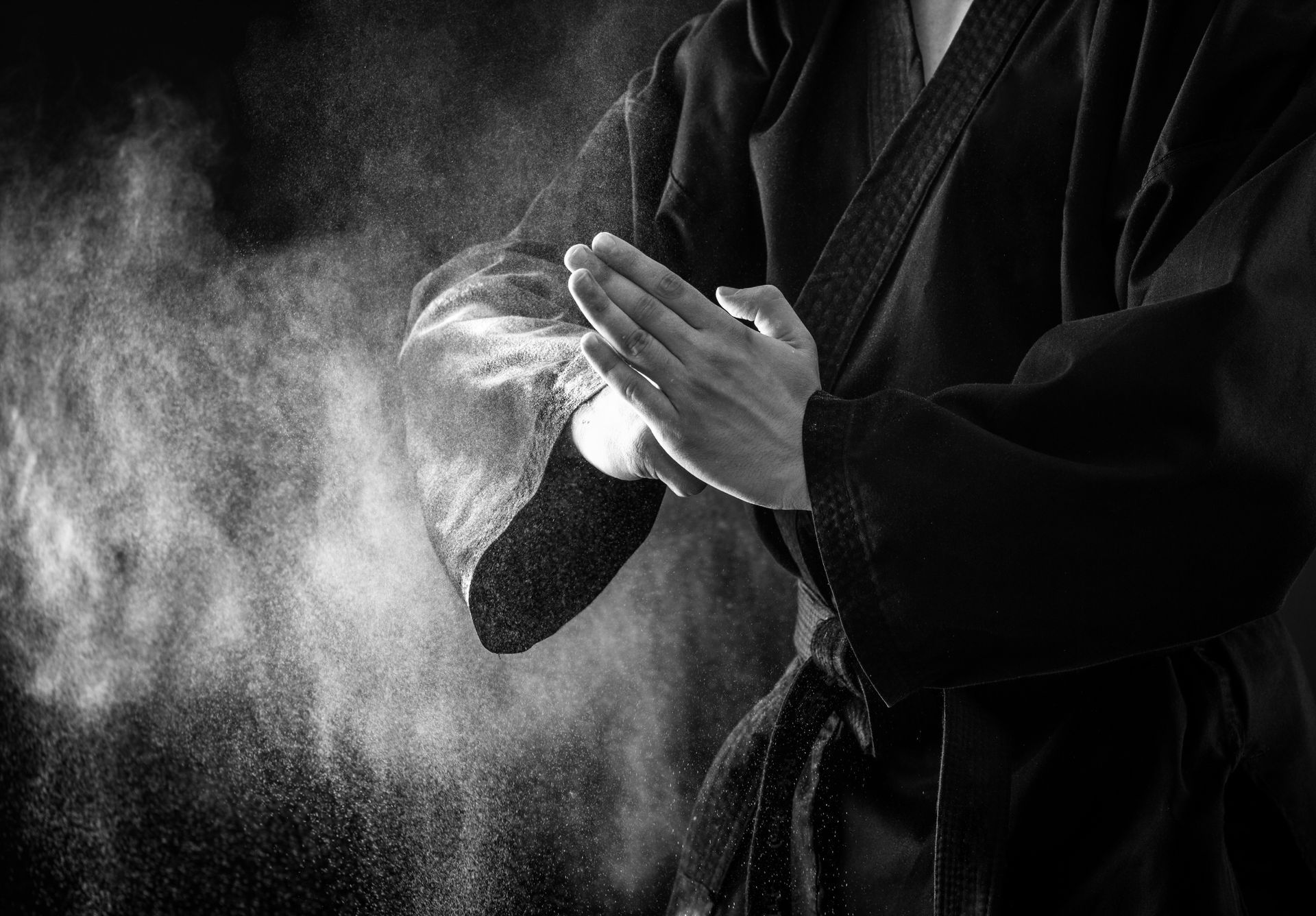Celebrating OCD and Anxiety Disorders Week

Celebrating OCD and Anxiety Disorders Week - 8-14 October, 2023
This week, from October 8-14, is International OCD and Anxiety Disorders Week. It is a week dedicated to raising awareness and educating individuals about the conditions and the treatment options that are available for them.
What are OCD and anxiety disorders?
OCD stands for obsessive-compulsive disorder, an anxiety disorder affecting around 3% of Australians2. People with OCD experience unwanted and intrusive thoughts, images or impulses (obsessions) that cause them anxiety or distress. They also feel compelled to perform repetitive behaviours or mental acts (compulsions) to reduce stress or prevent a feared outcome.
Anxiety disorders are a group of mental health conditions that involve excessive fear or nervousness. They include generalised anxiety disorder, panic disorder, social anxiety disorder, phobias, post-traumatic stress disorder and separation anxiety disorder. Anxiety disorders are Australia's most common mental health condition, affecting around 14% of adults in any given year3.
How do OCD and anxiety disorders affect people's lives?
OCD and anxiety disorders can significantly impact people's lives, affecting their daily functioning, relationships, work, education, and well-being. Some of the common challenges that people with OCD and anxiety disorders face are:
- Feeling overwhelmed by their thoughts or emotions.
- Avoiding situations or activities that trigger their anxiety.
- Experiencing physical symptoms such as sweating, trembling, racing heart, nausea or difficulty breathing.
- Having low self-esteem or confidence.
- Feeling isolated or misunderstood.
- Having difficulty concentrating or making decisions.
- Experiencing depression or other mental health problems.
How can we support people with OCD and anxiety disorders?
There are many ways that we can support people with OCD and anxiety disorders, such as:
- Educating ourselves and others about the nature and treatment of these conditions
- Being compassionate and respectful towards people who are struggling with their mental health
- Encouraging them to seek professional help if needed
- Providing practical and emotional support when they are feeling anxious or distressed
- Celebrating their achievements and strengths
- Joining community events, workshops and activities that promote awareness and understanding of OCD and anxiety disorders
If you or someone you know struggles with OCD or an anxiety disorder, seeking professional support is crucial. At helpz, we have a team of licensed psychologists, counsellors, and social workers ready to provide the assistance needed to improve well-being and enhance coping strategies.
By coming together to support and understand those affected by OCD and anxiety disorders, we can foster an environment of compassion and empathy, allowing individuals to live fulfilling lives despite their challenges. Let's make a positive impact during this awareness week and beyond.
Where can we find more information and resources?
If you or someone you know is dealing with OCD (Obsessive-Compulsive Disorder) and anxiety, numerous resources are available to provide support, understanding, and treatment options. Remember, you are not alone; seeking help is a courageous step towards managing these challenges.
Beyond Blue offers information and support for anxiety, depression, and OCD. Their website provides valuable resources, including online forums, fact sheets, and a dedicated helpline (1300 22 4636) for confidential support and advice.
SANE Australia offers support for individuals living with OCD and anxiety. Their helpline (1800 18 7263) provides professional counselling, support, and information about local services.
The Black Dog Institute is dedicated to understanding, preventing, and treating mental illnesses, including anxiety and OCD. They offer educational resources and research-backed information to help you better manage your condition.
The OCD & Anxiety Disorders Foundation of Victoria operates the OCD and Anxiety Helpline (1300 269 438). It provides specialised support and information for those with OCD and anxiety disorders.
Head to Health is an Australian Government initiative that offers a comprehensive online portal with links to trusted mental health resources, self-help tools, and helplines.
You can call Lifeline at 13 11 14 if you need immediate support. Lifeline provides 24/7 crisis support and suicide prevention services to all Australians.
Kids Helpline is Australia's only free (even from a mobile), confidential, 24/7 online and phone counselling service for young people aged 5 to 25.
Find a Psychologist, counsellor or social worker:
Remember, it's essential to involve a qualified healthcare professional in your or your loved ones' journey towards managing OCD and anxiety. These resources can provide valuable information and support, but a licensed therapist or psychiatrist can help tailor a treatment plan to your specific needs.
Our team can help manage your OCD and anxiety. Head to our referral form, and we will connect you with a practitioner to help you. Contact us.
By coming together to support and understand those affected by OCD and anxiety disorders, we can foster an environment of compassion and empathy, allowing individuals to live fulfilling lives despite their challenges. Let's make a positive impact during this awareness week and beyond.
News & Insights
Check Our Latest Resources







